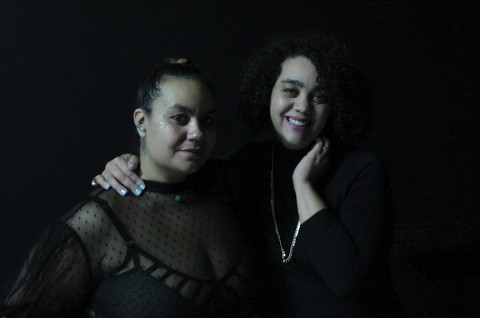The podcast How to Survive the End of the World offers a unique view of apocalypse
Autumn Brown and adrienne maree brown explore the end of the world as we know it.

Amid our current collision of state-sanctioned violence, white supremacist policies, and human vulnerability in the face of a pandemic, I can’t stop listening to the podcast How to Survive the End of the World. Created and hosted by sisters Autumn Brown and adrienne maree brown, the weekly podcast says it’s about “learning from the apocalypse with grace, rigor and curiosity.” It is a series of imagination-expanding conversations about what it means to flourish and survive inside and beyond systems of death and destruction, even as those systems themselves may be collapsing.
While the Brown sisters have been creating the podcast since 2017, their most recent episodes are part of a special miniseries created by Autumn in response to the intersection of the coronavirus pandemic and the Movement for Black Lives. They imagine the apocalypse not as a soon-to-come event of mass destruction but as a present reality. Their use of the word apocalypse has to be understood in at least three different ways.
One is the concentrated decimation of the ecosystem that sustains organic life. This has been ongoing for at least 500 years, and along with that decimation has been the destruction of the cosmologies and ways of life that worked in conjunction with the ecosystem’s thriving. In this sense, black, indigenous, and people of color have been surviving the end of the world for just as long.




